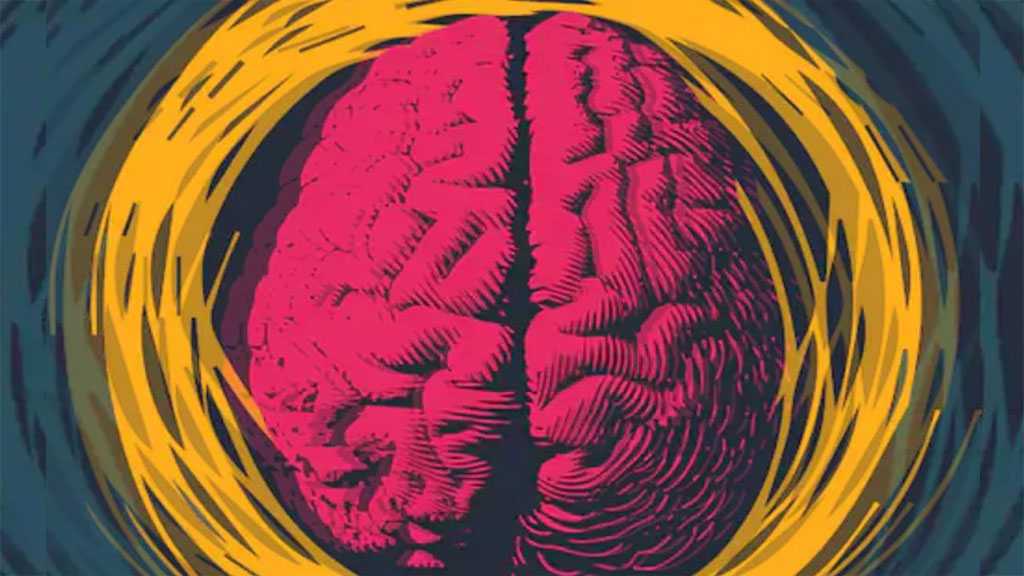Nearly One in Five Covid-19 Patients Later Diagnosed With Mental Illness – Study

By Staff, Agencies
Nearly one in five people who have had Covid-19 are diagnosed with a psychiatric disorder such as anxiety, depression or insomnia within three months of testing positive for the virus, according to a study that suggests action is needed to mitigate the mental health toll of the pandemic.
The analysis – conducted by researchers from the University of Oxford and NIHR Oxford Health Biomedical Research Centre – also found that people with a pre-existing mental health diagnosis were 65% more likely to be diagnosed with Covid-19 than those without, even accounting for known risk factors such as age, gender, race, and underlying physical conditions.
“This finding was unexpected and needs investigation. In the meantime, having a psychiatric disorder should be added to the list of risk factors for Covid-19,” said Dr. Max Taquet, an NIHR academic clinical fellow and one of the authors of the analysis.
The calculations were made on the basis of roughly 70m US health records, including more than 62,000 cases of Covid-19 that did not require a hospital stay or an emergency department visit. The incidence of any diagnosis of mental ill-health in the 14 to 90 days after a Covid-19 diagnosis was 18.1%, including 5.8% that were a first diagnosis.
In order to examine whether the excess risk was directly associated with Covid-19, the researchers compared data with six other conditions over the same period: influenza; other respiratory tract infections; a skin infection; gallstones; urinary tract stones; and the fracture of a large bone.
In the three months after Covid-19 diagnosis, 5.8% of patients had their first recorded diagnosis of psychiatric illness, compared with 2.5% to 3.4% of patients in the comparison cohorts – almost a doubling in risk, according to the paper published in the journal Lancet Psychiatry.
Paul Harrison, a professor of psychiatry at the University of Oxford, said more research was needed to establish whether a diagnosis of a psychiatric disorder could be directly linked to getting coronavirus. General factors that influence physical health were not captured in the records analyzed, such as socio-economic background, smoking, or use of drugs. There was also potential that the general stressful environment of the pandemic is playing a role, he noted.
Research suggests that people from poorer socio-economic backgrounds are more likely to suffer mental ill-health. Poverty also increases exposure to coronavirus, owing to factors like crowded housing and unsafe working conditions.
Comments
- Related News

Trump Ready to Compromise for Iran Deal
2 months ago
Trump Envoy in Russia for High-level Talks
2 months ago

